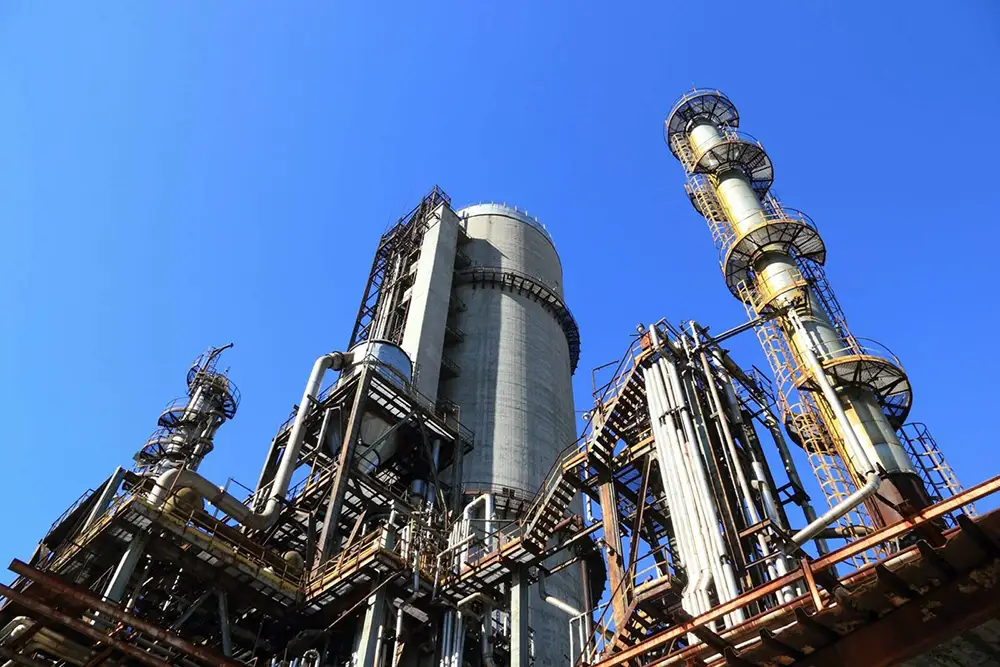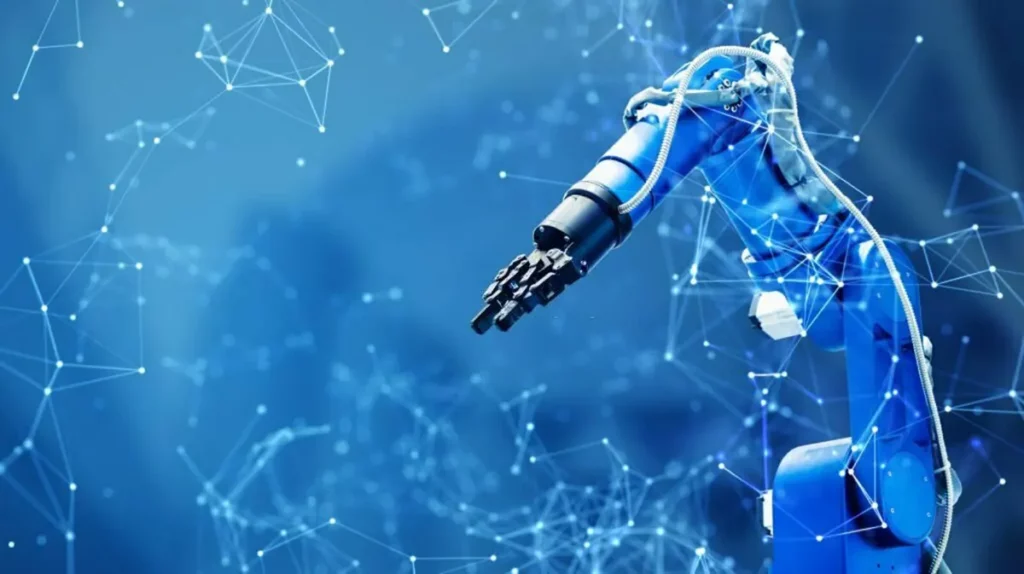世界の製造業は、世界最大の温室効果ガス排出源(GHG)の一つであり、 世界の総排出量の3分の2しかし、近年の製造技術の進歩と、より持続可能で環境効率の高いプロセスへの取り組みの高まりにより、業界全体でスコープ 1、2、3 の排出量が削減され、スコープ 4 の排出量への取り組みも開始されたことは喜ばしいことです。
スコープ 1、2、3、4 の排出量とは何ですか?

- スコープ1: 企業が所有および管理する発生源からの直接的な GHG 排出をカバーします。一般的な活動には、燃料の燃焼、物理的または化学的処理、材料、製品、廃棄物、従業員の輸送、および漏洩排出が含まれます。
- スコープ2: スコープ 1 の活動に使用される購入電力の生成によって発生する間接的な GHG 排出量をカバーします。
- スコープ3: 原材料の抽出 (上流) や廃棄物処理 (下流) など、企業のより広範なバリュー チェーンにおける上流または下流の活動によって発生する間接的な GHG 排出をカバーします。ある企業のスコープ 1 および 2 の排出は、別の企業のスコープ 3 になります。
- スコープ4: 企業の製品の使用により回避された排出をカバーします。スコープ 1 ~ 3 とは異なり、スコープ 4 の排出スコアが高いほど、企業の評価は高くなります。スコープ 4 は、製品の気候へのプラスの影響をより総合的に計算するために導入されました。これは比較的新しいため、GHG プロトコルでは正式には認められていません。
インダストリー4.0: 世界の製造業の二酸化炭素排出量削減を支援
デジタルおよび分析ツールの進歩を含む技術の進歩により、製造プロセスの環境効率が向上し、排出量が削減されました。
製造業も、モノのインターネット (IoT)、機械学習、人工知能 (AI)、自動化などのインダストリー 4.0 テクノロジを活用して、資源の使用状況を追跡、監視、改善し、二酸化炭素排出量の削減に取り組んでいます。
いくつかのケーススタディが発表された 世界経済フォーラム これを例証します。
米国テキサス州ルイスビルにあるエリクソンのスマートファクトリーは、製造業者がグリーンエネルギーとデータソリューションを統合して、 「減らす、再利用する、リサイクルする」生産性を向上させながら、スコープ 1 と 2 の排出量を同時に削減します。
敷地内のソーラーパネルと雨水冷却タンクにより購入電力の必要性が削減され(スコープ 2)、4G/5G センサー ネットワークがエネルギー消費を監視および分析し、必要に応じて機器の電源を自動的にオンまたはオフにします(スコープ 1)。
持続可能性関連の指標が投資家、利害関係者、消費者によってますます精査されるようになるにつれ、製造業者もパートナー、サプライヤー、販売業者のスコープ 3 排出量にさらに注目するようになりました。
これに対処するため、タイのプラチンブリにあるウエスタンデジタルは、IoT 接続センサーと機械学習テクノロジーを組み合わせて、リアルタイムの物流データを追跡し、出荷および物流の最適化ツールを開発しました。その結果、不要な出荷を効果的に排除し、ルートの効率性を向上させ、輸送関連のスコープ 3 排出量を削減しました。
製造業における持続可能性の多面性
エンドツーエンドのバリューチェーン全体で排出量を追跡することは、考慮するべき原材料とサブコンポーネントの複数の層があり、スコープ 4 の排出量はメーカーの制御とアクセスの範囲外であるため、非常に複雑ですが、スコープ 3 の排出量に対処することは、世界の業界の二酸化炭素排出量を削減するための最も重要な方法の 1 つです。
これは、製造サプライチェーンの排出量が 11倍以上 運用上の排出量よりも少ない。
したがって、スコープ 1、2、3 の排出量をより効果的に削減し、スコープ 4 の排出量に対処するための鍵は、データの共有と透明性です。
排出関連の情報を共有し、製造業者がサプライチェーン全体の炭素排出量をより適切に測定、監視し、最も効果的な削減方法を特定できるようにするために、世界的な協力が必要です。
世界中の製造業者が変革し、すべての人にとってより良い成果を達成できるよう私たちが取り組んでいる取り組みについて詳しくご覧ください。 ここ。



